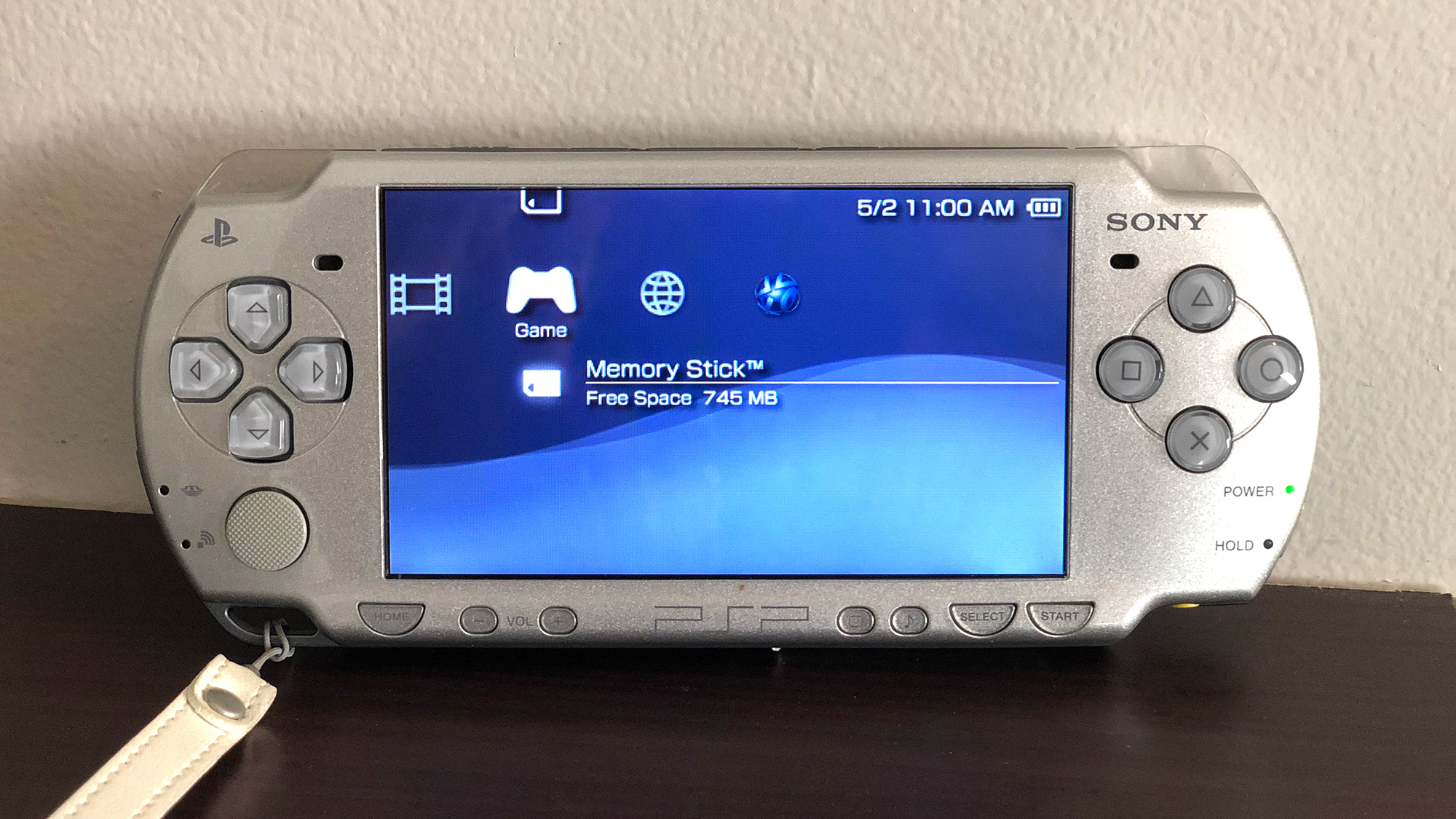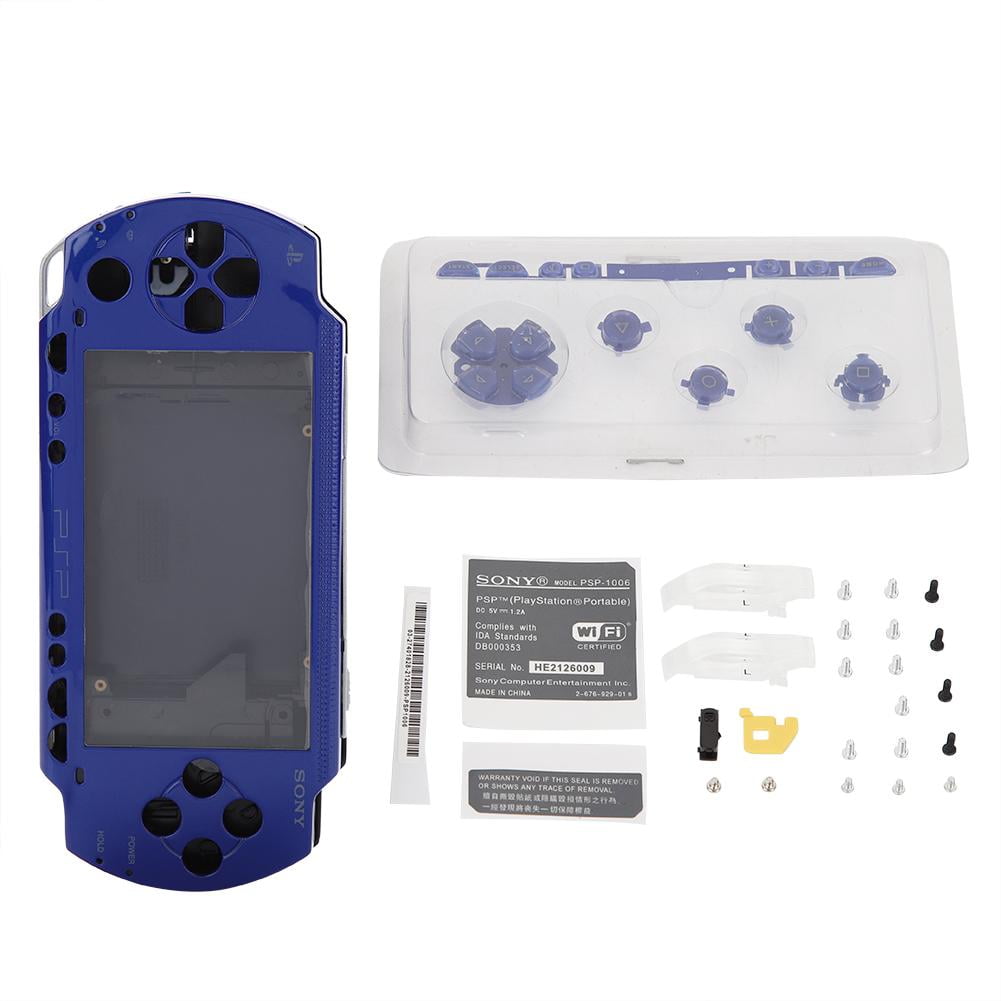

If the licensee applies for and obtains a Sunday Sales Permit, it may sell beer from 11:00 a.m. of the following day on Monday through Saturday.

Licensees may sell beer between 7:00 a.m. of beer in a single transaction for off-premises consumption.
Psp folder game id change license#
The establishment must have a functioning kitchen or food preparation area, and it must have a current and valid health license issued by the governing municipal authority.Į licensees are only permitted to sell and serve malt and brewed beverages (beer) and may not sell liquor (wine or spirits) for on or off-premises consumption. The licensed area within the establishment must be no less than 300 square feet, equipped with tables and seating, and sufficient food, to accommodate at least 30 patrons at once. The primary purpose of the eating place (E) retail dispenser license is the regular and customary preparation and service of food to the public. If the licensee applies for and obtains a Sunday Sales Permit, it may sell beer to unlicensed persons and holders of Special Occasion Permits on Sundays between 9:00 a.m. of any day, except Sunday, to unlicensed persons. Breweries assign specific geographic rights to sell their brands within the Commonwealth to specific importing distributors through what is commonly referred to as a “territorial agreement.”ĭ and ID licensees may sell and/or deliver beer between 8:00 a.m. Importing distributor (ID) licenses have all the same privileges as a distributor license, but they primarily serve as wholesalers, selling beer to distributors and retail licensees for resale. Distributors may also sell beer in original containers containing 128 ounces or more (e.g., kegs). These sales do not have to be in manufacturer’s original configuration (i.e., sales of cases, 12-packs, six-packs and single bottle are permitted) and can be sold in refillable and resealable growlers for off-premises consumption. Distributors are authorized to sell beer in any package configuration to an unlicensed customer. Distributor (D) Liquor Licenseĭistributor (D) licenses (commonly held by neighborhood beer distributors) allow for the sale of malt and brewed beverages (beer) for off-premises consumption only. Unlike other retail licensees, C and CC licensees may not sell malt or brewed beverages (beer) for off-premises consumption.

All unfinished alcoholic beverages must be collected and all patrons must depart the licensed premises by 3:30 a.m. Sales and service of alcohol may begin at 7:00 a.m. A licensed club cannot self-sponsor a catered event the catered event must be arranged by a third party. An exception exists for catering club licensees, which may sell alcohol to non-members as part of a” catered event.” A “catered event” is one involving the furnishing of alcohol, to be served with food prepared on the premises or brought onto the premises already prepared, for accommodation of groups of non-members who are using the club’s facilities by prior arrangement, made at least 24 hours in advance of the function, and which is paid for by the non-members.
Psp folder game id change code#
A licensed club must adhere to its constitution and bylaws, hold regular meetings open to its members, conduct its business through officers who are regularly elected, admit members by written application, investigation and ballot, charge and collect dues from elected members, and maintain records as required by the Liquor Code and PLCB’s regulation.Ĭlub licensees are generally prohibited from selling alcohol to non-members of the club. Incorporated clubs must exist for a minimum of one year prior to applying for a liquor license unincorporated clubs must exist for a minimum of ten years prior to a liquor license being granted. The sale of alcohol must be secondary to the actual reason for the club's existence. License TypesĬlub (C) and Catering Club (CC) Liquor LicenseĬlub (C) and catering club (CC) licensed establishments must operate for the good of the club’s membership for legitimate purposes of mutual benefit, entertainment, fellowship or lawful convenience. Please refer to the Pennsylvania Liquor Code and Liquor Control Board regulations or contact your nearest District Enforcement Office for specific information. The information below are only guides, based on the most commonly committed violations.


 0 kommentar(er)
0 kommentar(er)
